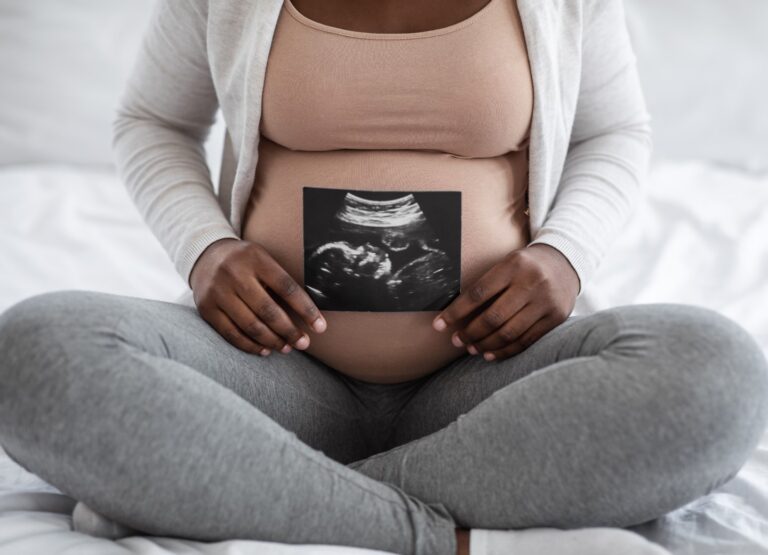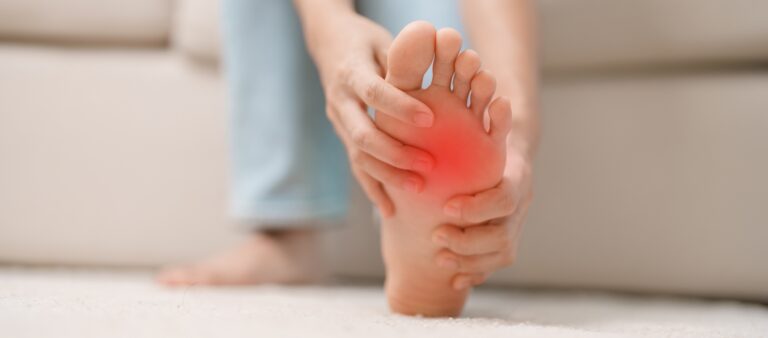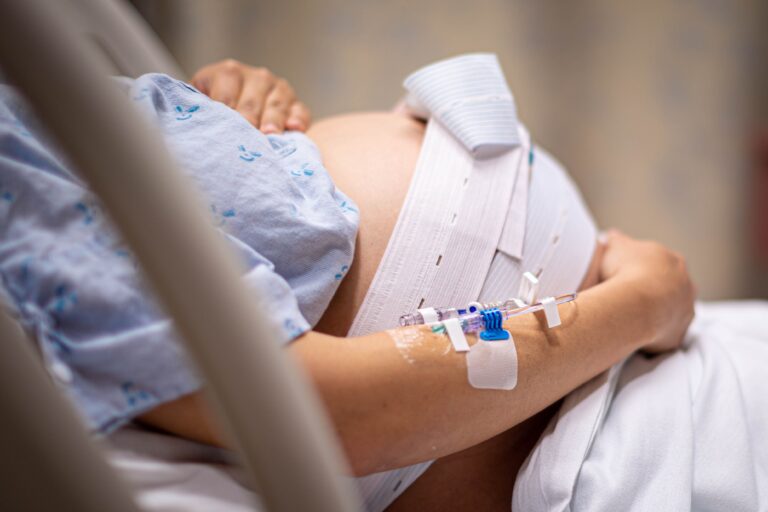Hearing loss claims
Hearing is crucially important for most people’s ability to communicate, and any impairment to it can have a detrimental effect on your quality of life. Although hearing is often lost through age, it can also be damaged by delays in diagnosis or treatment, infection, trauma, brain injury or as a side-effect of certain medications. More often than not, we see claims where if treatment or a correct diagnosis had been provided earlier, then the ability to hear would have been saved or at least significantly improved.
Military hearing loss – caused by the high levels of noise experienced in the line of duty – is another common cause of this debilitating damage.
Damage to hearing can also be caused in occupational surroundings if inadequate protection has been provided to employees in noisy environments such as building sites or entertainment venues.
If hearing loss has been caused by medical negligence or inadequate protective equipment being provided in a professional capacity, compensation from a hearing loss claim could help towards private treatment, rehabilitation, hearing aids, implants and appliances, or speech and language therapy. These may go a long way to improving the ability to hear or learning how to live as confidently as possible with the hearing loss in your everyday life at home and at work. Examples of aids and appliances include mobile phone and television equipment and meeting room and conference aids. It means you can invest in the most innovative latest technology and not solely have to rely on often scarcely available or outdated NHS resources.
Sight loss claims
Damage to your eyesight is devastating. Even partial loss of vision can have a substantial impact on your life, affecting your enjoyment of most daily activities including seeing your friends and family, taking in the beauty of the outside world, reading, watching television and travelling independently. It can impact on your safety in and around the home when cooking or other harmful hazards. It can also result in a negative impact on your mental health when the enjoyment of seeing has been lost.
We have experience of recovering compensation for clients who have suffered loss of sight for various reasons including:
- Failures or delays in diagnosis of conditions, such as strokes or glaucoma
- Brain injuries, for example those caused by oxygen deprivation during surgery or at birth
- Mismanagement of existing eye injures
- Substandard eye surgery including cataracts and retinal detachment surgery
Compensation for a loss of sight claim may never be able to help you regain your sight but it can help you to live safely and as comfortably in and around your home as possible. You may be better able to adapt your environment with appropriate safety aids and appliances including assistance dogs, walking or cooking aids, fire safety equipment, rails and ramps to reduce accidents.
Loss of touch claims
Losing your sense of touch is often the result of damage to your sensory nerves. This may be due to a personal injury, or from surgical damage, injections and cannulas, or mismanagement of diabetes.
Without the sensation of touch, your mobility may be impeded and the danger of further injury may also be heightened. If you are no longer able to grip, your ability to work may also be affected.
Compensation may not be able to promise recovery, but it can provide significant relief in accessing rehabilitation, recovering lost earnings and making any necessary adaptions to your home.
Loss of smell claims
The importance of our sense of smell can be underestimated, but once lost, many people may find themselves struggling with serious psychological effects. It’s also a valuable function in many professions – leaving those who lose their sense of smell unable to work. There’s even an impact on safety, due to being unable to recognise a burning smell, for example.
While brain injury is a common cause of smell loss (or, anosmia), it can also happen as a result of surgical damage, failures in the diagnosis of fractures or tumours, and even negligent dental treatment.
Loss of taste claims
Loss of smell and loss of taste usually go hand in hand. The impact, however, is regularly overlooked as their loss often accompanies more immediate concerns, such as brain injury or nasal damage.
The long-term impact of losing either of these senses is greater than simply missing out on the enjoyment of good food and pleasurable smells. Sufferers are impeded in their ability to detect hazards such as toxic fumes, out-of-date food and fire or smoke.


















